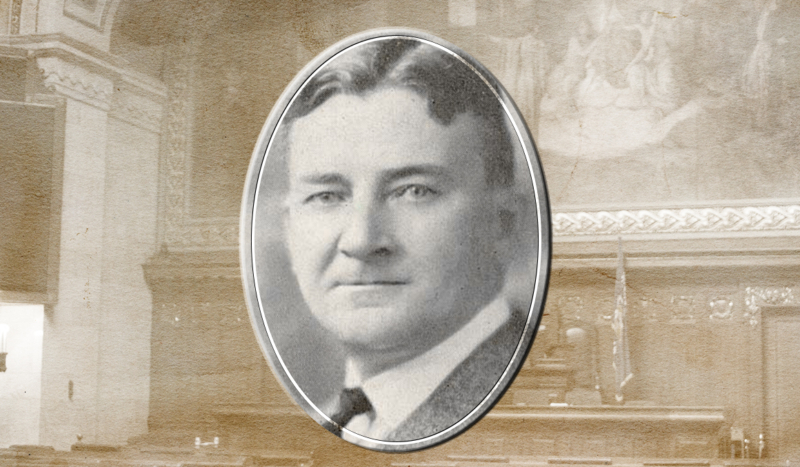
NOTE: Enjoy this excerpt from The American Daily Reader, by CatholicVote president Brian Burch and Emily Stimpson Chapman. To order the complete volume, visit the CatholicVote store today!
Tonight, raise a glass to Wisconsin Senator John J. Blaine, author of the Blaine Act, which passed the U.S. Senate on February 17, 1933, and, in doing so, initiated the end of prohibition in the United States.
Prohibition had begun 13 years earlier, when the Eighteenth Amendment to the U.S. Constitution took effect. As legislated by the Volstead Act, the amendment banned the sale, production, transportation, and importation of any and all alcoholic beverages.
Many Catholics, along with Lutherans and Episcopalians, did their best to fight the amendment’s passage, but in the end they were no match for the Methodists, Baptists, Quakers, Presbyterians, and other Protestant congregations who made up the Dry Crusade. For nearly a century, the momentum for state–mandated temperance had been growing, with anti–Catholic and anti–immigrant sentiments compounding the problem. (Some supporters believed that if the unwashed immigrant masses could be kept from strong drink, they just might manage to civilize themselves.)
Alas, experience proved otherwise. Instead of ridding the U.S. population of its taste for wine and whisky, prohibition had the opposite effect, with almost everyone from President Woodrow Wilson on down violating the new law. Bootlegging rose, and organized crime flourished.
Some, however, found more legal means to purchase drink. For example, the Volstead Act permitted the sale of alcohol for medicinal purposes. Not coincidentally, doctors made $28 million in 1928 writing prescriptions for whisky.
Likewise, wine was permitted for religious use and permits were granted to parishes, allowing them to purchase wine for the Mass. Again, not by accident, the amount of wine for which such permits were granted jumped by more than 800,000 gallons between 1922 and 1924.
In 1933, three days after the Blaine Act passed the U.S. Senate, it passed the U.S. House of Representatives as well. Thirty-six states then ratified it in quick succession. When Utah, Pennsylvania, and Ohio voted Yes on December 5, prohibition was no more.
And then, many glasses were raised.

